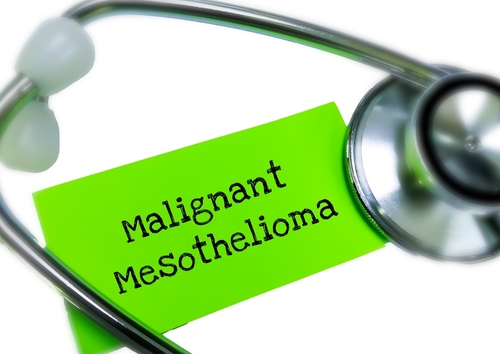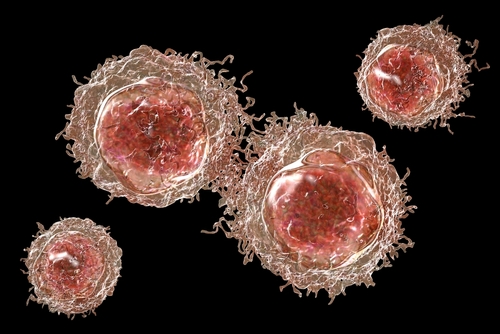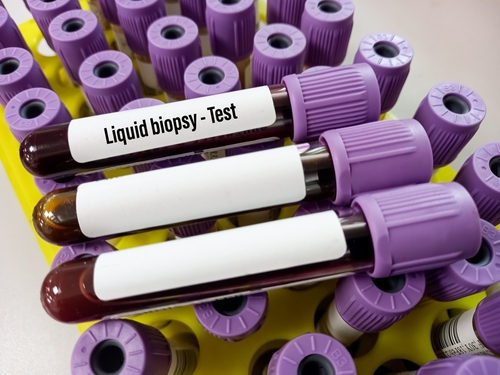
Currently, patients diagnosed with mesothelioma have a poor prognosis of about 18 months, and standard treatment with immune checkpoint inhibitor therapy (eg, ipilimumab and nivolumab) usually results in disease progression within 7 months, highlighting an unmet medical need for novel effective treatments. Adoptive cell therapy with autologous tumor-infiltrating lymphocytes (TILs), using a portion of the patient’s tumor to develop an individualized immunotherapy, has shown efficacy (including complete response) in other solid tumor indications, and thus was studied to determine its viability as a treatment option for mesothelioma. Results were presented at the WCLC 2023 in Singapore.
The study consisted of six patients with mesothelioma who consented to donate tissue at the time of routine pleurectomy decortication, and samples were processed according to pre-Rapid Expansion Protocol (REP) at a 1/10th scale for 11 days and REP at a 1/50th scale for 11 days before being evaluated for dose, purity, identity, activity, and extended phenotyping.
Results showed that final TIL products met therapeutically relevant acceptance criteria for five of the six tumor samples (83%). Of the five that met acceptance criteria, the median total of viable cells was 53.4×109 cells/mL, purity was 90.1%, and identity phenotype was 98.8%. In addition, TIL were functional and responded to polyclonal bead stimulation; median IFNγ levels were 4454 pg/mL; and TIL products exhibited mixed populations of CD4+ and CD8+ T cells, with a median proportion of CD4+ T cells of 74.5% and CD8+ T cells of 23.3%. The study authors concluded that based on these results, viable TIL can be successfully expanded from mesothelioma tumor tissue.
Source: Fennell DA, Poile C, Bzura A, et al. Successful generation of tumor-infiltrating lymphocytes (TIL) for adoptive cell therapy from mesothelioma. Abstract of a poster presented at the 2023 World Conference on Lung Cancer; September 9-12, 2023; Singapore.







 © 2025 Mashup Media, LLC, a Formedics Property. All Rights Reserved.
© 2025 Mashup Media, LLC, a Formedics Property. All Rights Reserved.